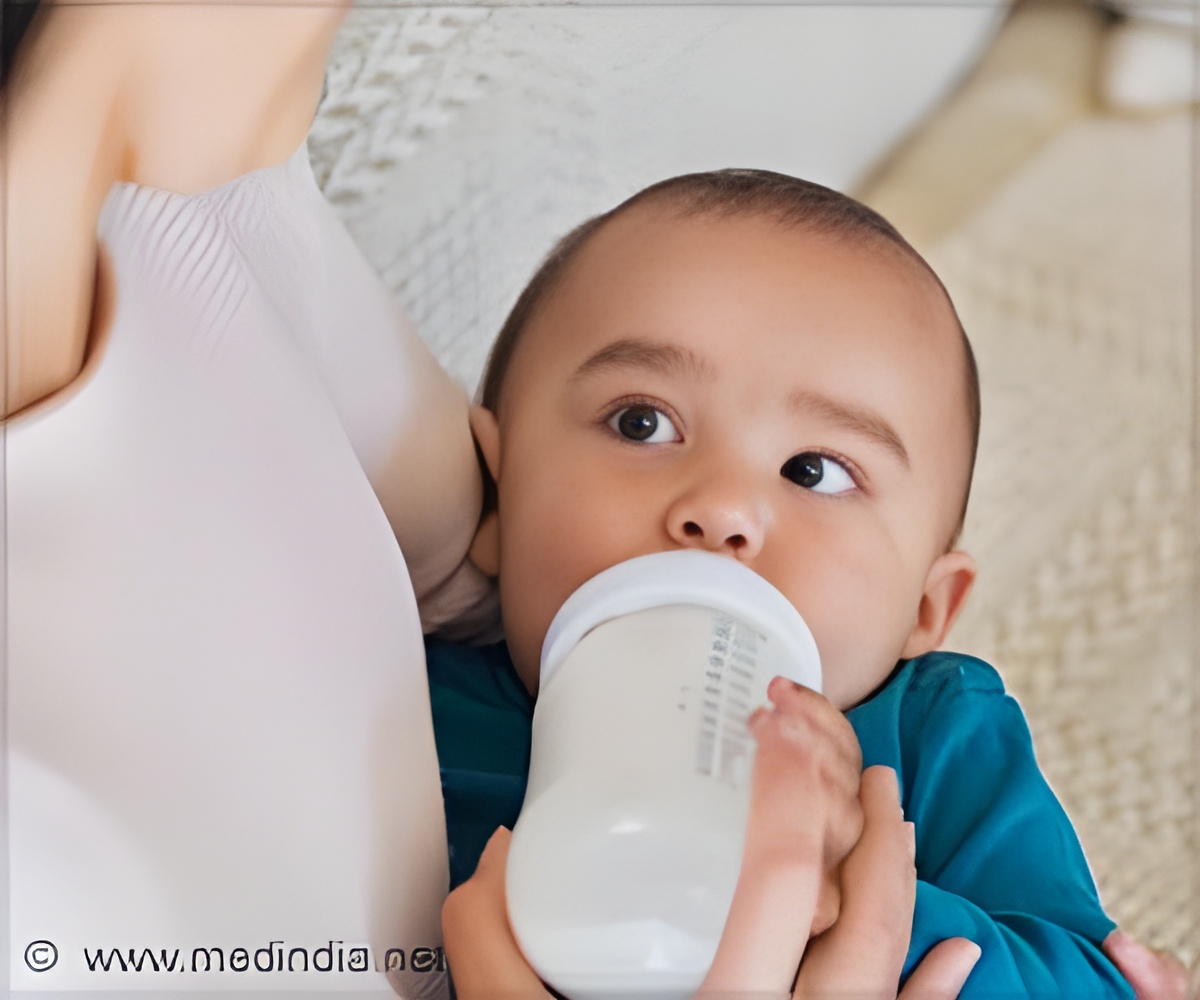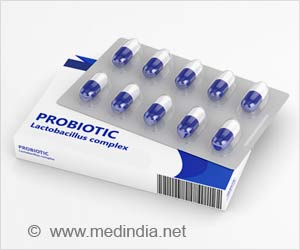Boosting the milk of premature babies with healthy bacteria may help half the number of serious gut problems and infections, reveals a new study.

‘Adding live Lactobacillus and Bifidobacterium probiotic bacteria to milk decreases the number of cases of necrotizing enterocolitis in babies.
’





In January 2013, the NNUH became one of the first hospitals in the UK to introduce daily probiotics dosing for NICU babies on the back of growing evidence that adding live Lactobacillus and Bifidobacterium probiotic bacteria to milk reduces the number of cases of necrotizing enterocolitis (NEC). NEC is a life-threatening gut condition in which the tissues of the intestine become inflamed and start to die, and mainly affects very preterm babies. The research report shows that since introducing routine probiotics on the neonatal unit at NNUH the numbers of cases of NEC among very preterm babies has dropped from 7.5 percent to 3.1 percent, and the number of sepsis cases fell from 22.6 percent to 11.5 percent.
Dr. Paul Clarke, NNUH Consultant Neonatologist and Honorary Professor at UEA's Norwich Medical School, said that prevention of necrotizing enterocolitis is a top UK research priority and there was strong evidence to support neonatal units giving premature babies probiotics on a routine basis.
He said: "Ours is the first UK study to evaluate the potential impact of routine probiotics use on NEC and sepsis rates. It has been a big team effort to boost the gut health of these tiny, vulnerable babies at the beginning of their lives and help them get the right gut bacteria from the start.
"We are proud to have completed this important research, which suggests that our use of probiotics has saved lives by preventing many cases of NEC and sepsis.
Advertisement
"Most NICU departments in the UK are still not routinely giving probiotics, so we hope this research might encourage more hospitals to start giving early probiotics to protect babies."
Advertisement
Archie Faulkner was born at NNUH in March 2016 at 24 weeks and four days, weighing 1lb 5oz. He was given routine probiotics during his time in NICU and is now a healthy three and a half-year-old.
His mum Samantha Howard, from Norwich, said: "It was a massive shock when Archie was born so early, and we couldn't cuddle him for a couple of weeks because he was so small. It took some time to get used to the fact he was born so early, but we never thought he was not going to make it. The care he received was absolutely amazing, and everyone was lovely. We did everything we could to get involved in most things on the ward."
Source-Eurekalert















